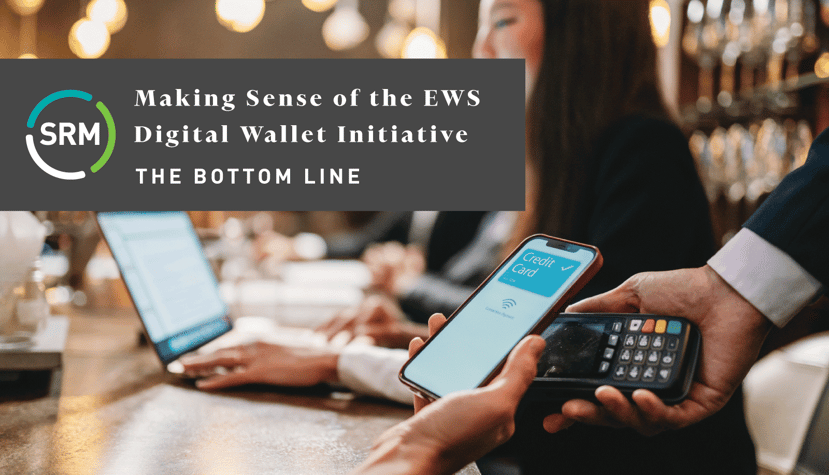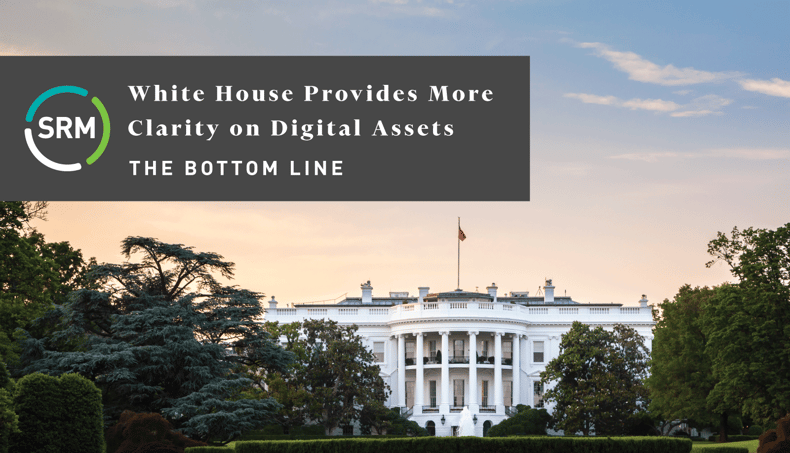
As financial institutions face evolving payment demands, they often implement payment hubs to streamline services such as ISO20022-compliant wire processing or new instant payment rails like RTP and FedNow.

As financial institutions face evolving payment demands, they often implement payment hubs to streamline services such as ISO20022-compliant wire processing or new instant payment rails like RTP and FedNow.
Topics: Payments, Payment Strategies

Roughly a week ago, the US Department of Justice (DOJ) filed an antitrust lawsuit against Visa, calling into question how they retained and gained its debit card market share in the post-Durbin era. The DOJ has alleged that Visa created a “web of unlawful anti-competitive agreements to penalize” financial institutions, merchants and processors for using competing payment networks. In addition, the DOJ suspects the card network used its monopoly power to squash innovative and potentially lower cost debit alternatives by companies such as Apple, PayPal, and Block. But what could this lawsuit mean for the payments industry moving forward?
Topics: Payments

We've heard several financial institutions intend to delay deploying instant payments capabilities, such as FedNow and The Clearing House's RTP Network, until 2025 as part of broader cost-control initiatives.
Topics: Payments, Vendor Contract Negotiation, Bank Vendor Management, Credit Union Vendor Management, FedNow, Real-time payments, RTP Network, instant payments

SRM's experts spent much of 2023 tracking emerging developments in technology, regulation, and general trends in the financial markets.
Topics: Payments, Vendor management, AI, Artificial Intelligence, Deposits, Regulation, liquidity, Interchange Fees

The official launch of the Federal Reserve’s FedNow platform on July 20 culminated a four-year undertaking by the central bank.
While the payments world didn’t change overnight, the launch has raised the potential for new use cases. I previously shared my thoughts on what financial institutions should consider in terms of real-time payments.
Topics: Payments, Contract Negotiation, Bank Vendor Management, Credit Union Vendor Management, FedNow, Real-time payments, RTP Network

I recently attended the Fintech + Insurtech Generations conference in Charlotte, N.C., which brings together visionaries across the broad spectrum of finance and technology.
Topics: Payments, Open Banking, Digital Assets, Blockchain, Regulation
![Tokenization-Blog-Image[47]](https://blog.srmcorp.com/hs-fs/hubfs/Tokenization-Blog-Image%5B47%5D.jpg?width=829&height=476&name=Tokenization-Blog-Image%5B47%5D.jpg)
Most bankers associate the term “tokenization” with data security and authentication routines used to prevent system intrusions. Apart from a handful of innovators, few institutions have focused on tokenization – the process of creating a digital representation of any item of value.
Topics: Payments, Blockchain, FedNow, Tokenization, Commercial Banking

Stop me if you've heard this one before – a group of industry players creates a consortium to launch a digital wallet to participate in the payments process and exert control over the consumer experience.
Such an endeavor has been pursued in the past years by major U.S. retailers, like MCX, and telecom providers, through the unfortunately named ISIS.
Topics: Payments, Vendor Contract Negotiation, Digital Wallets, Bank Vendor Management, Credit Union Vendor Management, Mobile Wallets, Fintech Strategy

Professionals focused on the strategic and operational aspects of digital assets such as cryptocurrency have learned to disregard the media cycles.
Last year’s breathless hype – driven almost entirely by a retail investor frenzy – has given way to a “crypto is dead” storyline that emphasizes volatility and fraudulent applications. Lost in the noise is the fact that Bitcoin’s price has been relatively stable over the past four months.
Topics: Payments, Vendor Contract Negotiation, Digital Assets, Crypto

We're beginning to get some clarity from the White House regarding its approach to digital assets, including the potential development of a Central Bank Digital Currency (CBDC).
With the release of a wide-ranging report, the White House appears to be embracing digital assets and their potential for transparent, cost-efficient, and inclusive financial services. A background press call provided even more insight into the Biden Administration's thinking.
Topics: Payments, Cryptocurrency, Digital Assets, CBDC, Blockchain, Regulation, Digital Ledger Technology
© Strategic Resource Management, Inc. All rights reserved. 2022 | Privacy Policy